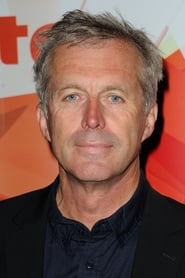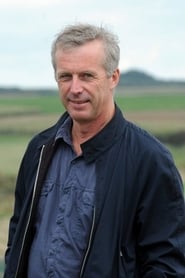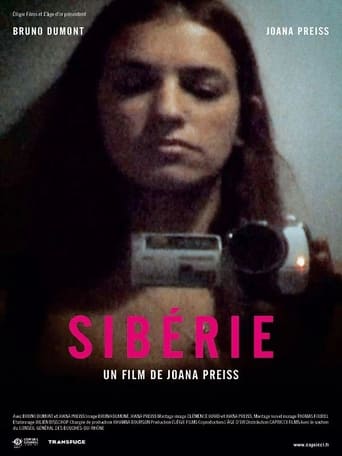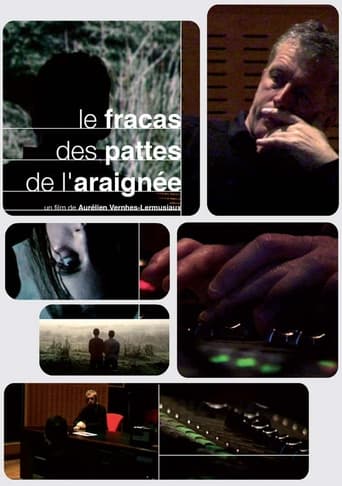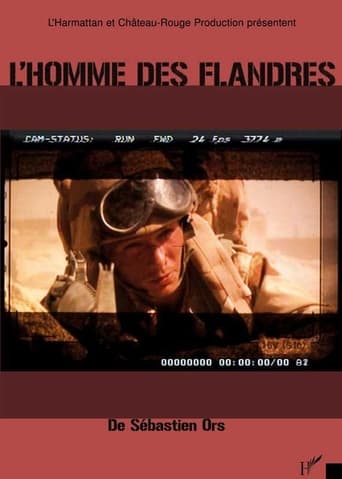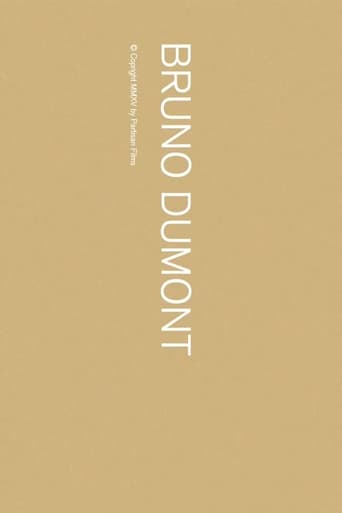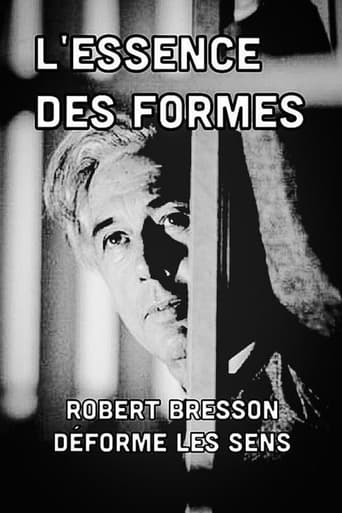Bruno Dumont
From Wikipedia, the free encyclopedia.
Bruno Dumont (born 1958, Bailleul, France) is a French film director. To date, he has directed ten feature films, all of which border somewhere between realistic drama and the avant-garde. His films have won several awards at the Cannes Film Festival. Two of Dumont's films have won the Grand Prix award: both L'Humanité (1999) and Flandres (2006). Dumont's Hadewijch won the 2009 Prize of the International Critics (FIPRESCI Prize) for Special Presentation at the Toronto Film Festival, and will be distributed in France in 2009, and by IFC in the U.S. in 2010.
Dumont has a background of Greek and German (Western) philosophy, and of corporate video. His films often show the ugliness of extreme violence and provocative sexual behavior, and are usually classified as art films. Dumont has himself likened his films to visual arts, and he typically uses long takes, close-ups of people's bodies, and story lines involving extreme emotions. Dumont does not write traditional scripts for his films. Instead, he writes complete novels which are then the basis for his filmmaking.
He says that some of his favorite filmmakers are Stanley Kubrick, Ingmar Bergman, Pier Paolo Pasolini, Roberto Rossellini, and Abbas Kiarostami. He is frequently considered an artistic heir to Robert Bresson.
His work has been associated with the New French Extremity. His film Outside Satan premiered in the Un Certain Regard section at the 2011 Cannes Film Festival.
Description above from the Wikipedia article Bruno Dumont, licensed under CC-BY-SA, full list of contributors on Wikipedia.
Is eol do: Directing
Breithlá: 1958-03-14
Áit bhreithe: Bailleul, France
Ar a dtugtar: 브루노 뒤몽

 11tv.pw
11tv.pw